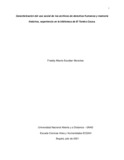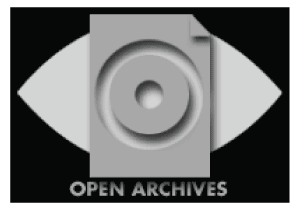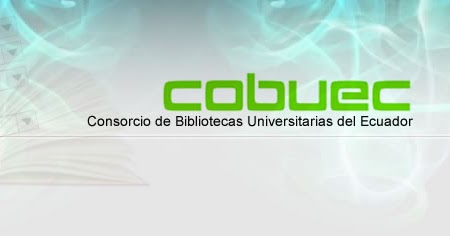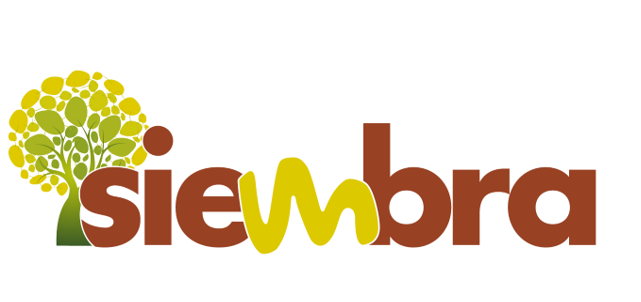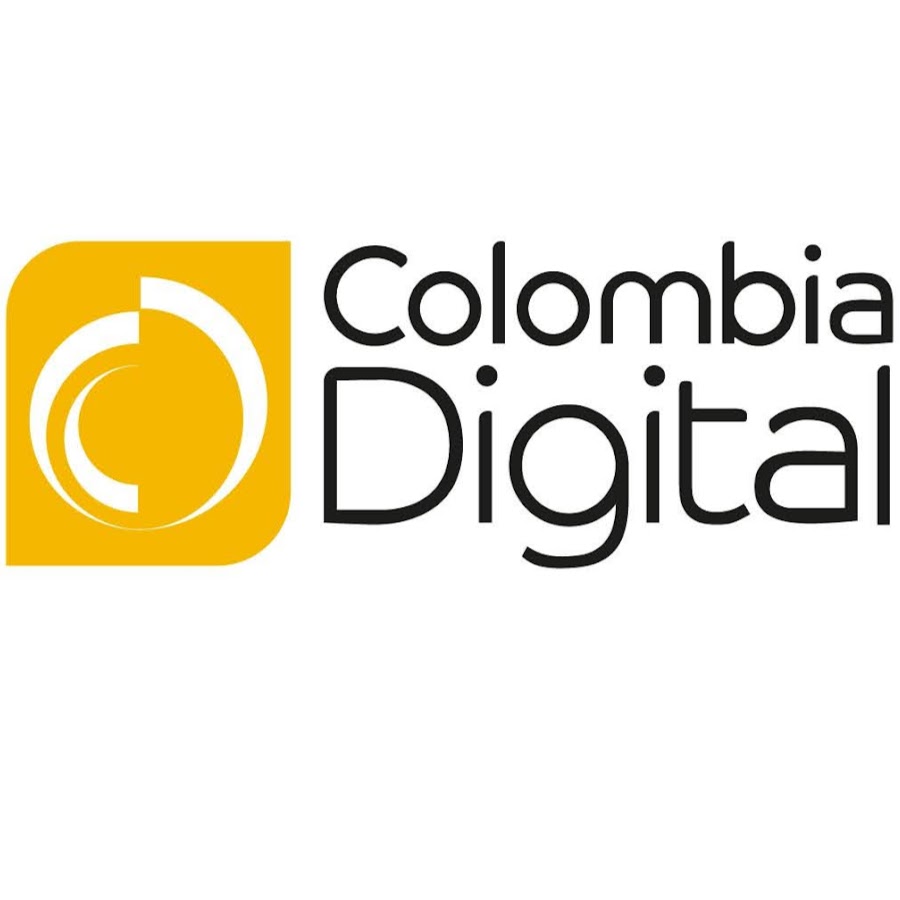Mostrar el registro sencillo del ítem
Caracterización del uso social de los archivos de derechos humanos y memoria histórica, experiencia en la biblioteca de El Tambo Cauca
| dc.contributor.advisor | Acosta Sanchez, Cecilia Andrea | |
| dc.coverage.spatial | cead_-_josé_acevedo_y_gómez | |
| dc.creator | Escobar Morantes, Freddy Alberto | |
| dc.date.accessioned | 2021-08-12T21:32:51Z | |
| dc.date.available | 2021-08-12T21:32:51Z | |
| dc.date.created | 2020-10-24 | |
| dc.identifier.uri | https://repository.unad.edu.co/handle/10596/42080 | |
| dc.description.abstract | El conflicto armado de más de 60 años en Colombia ha generado violencia y más de 220.000 muertes (Grupo de Memoria Histórica, 2013, pág. 20). Una de las zonas más afectadas por dicho conflicto es el Departamento del Cauca. Durante todos estos años y, especialmente después de la publicación de la Ley 1448 de 2011 o Ley de Víctimas se han generado relatos, declaraciones, cartografías y otros tipos de archivos que se alojan en diferentes instancias, públicas y privadas. Este trabajo de investigación tiene como propósito describir cuáles son los usos sociales que la sociedad civil le da a los archivos de Derechos Humanos y Memoria Histórica (DDHH y MH) alojados en la biblioteca municipal de El Tambo Cauca, para entender su valor histórico, comunicativo y cultural en los procesos de verdad, justicia, reparación y no repetición del conflicto armado. Autores de varios países, especialmente aquellos donde se han presentado conflictos internos han documentado la utilidad de los archivos de derechos humanos y memoria histórica en los procesos de verdad, justicia y reparación. La mayor parte de las fuentes bibliográficas encontradas están relacionadas con las categorías “usos sociales de los archivos de DDHH y MH” y “valor histórico, comunicativo y cultural de los archivos”. La investigación es de tipo cualitativo, con paradigma histórico-hermenéutico y enfoque naturalista ya que estudia los objetos y seres vivos en sus contextos o ambientes naturales y su cotidianidad, e interpretativo, pues intenta encontrar sentido a los fenómenos en función de los significados que las personas les otorguen; no pretende transformar la situación actual de los archivos, sino describirlos y caracterizarlos e interpretar los usos sociales de los mismos en la comunidad estudiada. Corresponde a la línea de Ciudadanías Comunicativas y a la subcategoría de Relaciones de poder en procesos informativos y comunicativos. En cuanto al método, se puede enmarcar dentro del tipo fenomenológico. Para su ejecución se llevaron a cabo entrevistas a diferentes personas, entre ellos el personero municipal, el bibliotecario, dos miembros de organizaciones de víctimas y algunas personas de la comunidad del municipio. También se realizó búsqueda de literatura relacionada con archivos de derechos humanos y memoria histórica. Como resultado se obtuvo que en el municipio de El Tambo se encuentran libros inéditos, folletos, videos, relatos escritos, recortes de periódico y fotografías que compilan la historia del conflicto armado, alojados en la biblioteca municipal, en las oficinas de entidades municipales y en las casas de miembros de organizaciones de víctimas. Estos archivos no han sido sometidos a procesos archivísticos de valoración, catalogación, conservación y difusión adecuados. Con el fin de que estos archivos de derechos humanos y memoria histórica sean usados para esclarecer la verdad, hacer justicia con las víctimas, reconstruir la memoria, contar la historia a las nuevas generaciones, sanar las heridas dejadas por el conflicto armado, investigar y hacer pedagogía para que no se repitan las violaciones a los derechos humanos, es necesario que las autoridades municipales emprendan un proceso de acopio, valoración, custodia y conservación de dichos archivos y los comuniquen mediante estrategias articuladas entre las autoridades y la comunidad que permitan a los ciudadanos reconocerse como sujetos comunicativos y que, fortalezca el proceso iniciado en la Biblioteca Municipal, incluyendo herramientas digitales y no digitales. | |
| dc.format | ||
| dc.title | Caracterización del uso social de los archivos de derechos humanos y memoria histórica, experiencia en la biblioteca de El Tambo Cauca | |
| dc.type | Proyecto aplicado | |
| dc.subject.keywords | Memoria histórica, archivos de derechos humanos, comunicación, El Tambo, justicia y reparación. | |
| dc.description.abstractenglish | The armed conflict of more than 60 years in Colombia has generated violence and more than 220,000 deaths (Grupo de Memoria Histórica, 2013, p. 20). One of the most affected areas by this conflict is the Department of Cauca. During all these years and, especially after the publication of Law 1448 of 2011 or Victims Law, stories, statements, cartographies, and other types of files have been generated that are housed in different public and private instances. The purpose of this research work is to describe the social uses that civil society gives to the archives of Human Rights and Historical Memory (Human Rights and MH) housed in the municipal library of El Tambo Cauca in order to understand their historical, communicative and culture in the processes of truth, justice, reparation and non-repetition of the armed conflict. Authors from several countries, especially those where internal conflicts have occurred, have documented the usefulness of human rights and historical memory archives in truth, justice, and reparation processes. Most of the bibliographic sources found are related to the categories “social uses of human rights and human rights archives” and “historical, communication and cultural value of archives”. The research is qualitative, with a historical-hermeneutical paradigm and a naturalistic approach since it studies objects and living beings in their natural contexts or environments and everyday life and it is also interpretative, as it tries to find meaning to the phenomena based on the meanings that people give them; it does not intend to transform the current situation of archives, but rather to describe and characterize them and interpret their social uses in the community studied. It corresponds to the Communicative Citizenship line and to the subcategory Power Relations in informational and communicative processes. As for the method, it can be framed within the phenomenological type. For its execution, interviews were carried out with different people, among them the municipal official, the librarian, two members of victims' organizations and some people from the community of the municipality. Literature related to archives of human rights and historical memory was also searched. As a result, it was found that in the municipality of El Tambo there are unpublished books, brochures, videos, written stories, newspaper clippings and photographs that compile the history of the armed conflict, housed in the municipal library, in the offices of municipal entities and in the homes of members of victims' organizations. These archives have not been subjected to adequate archival valuation, cataloging, conservation, and dissemination processes. In order for these archives of human rights and historical memory to be used to clarify the truth, do justice to the victims, rebuild memory, tell the story to new generations, heal the wounds left by the armed conflict, investigate and do pedagogy so that human rights violations are not repeated, it is necessary that municipal authorities undertake a process of collection, evaluation, custody and conservation of said files and communicate them through articulated strategies between the authorities and the community that allow citizens be recognized as communicative subjects and that it strengthens the process initiated in the Municipal Library including digital and non-digital tools. | |
| dc.subject.category | Ciencias Sociales: Medios y Comunicación Social |

